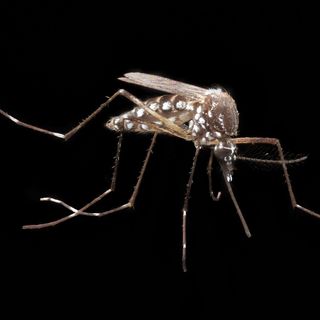According to data released by the Registrar General of India, India’s infant mortality rate (IMR) — the number of children who die before their first birthday — has improved only slightly — from 33 per 1,000 live births in 2017, to 32 per 1,000 in 2018. But, among the country’s larger states, Kerala is the only one to have an IMR in single digits, at 7 deaths per 1,000 births, which means it has also achieved the United Nations’ sustainable development goal for this metric this year.
Among other large states, Delhi’s IMR stands at 13, which is the lowest after Kerala’s. Madhya Pradesh continues to have the worst IMR, at 48 in the country, however, Nagaland, counted among the smaller states, had the country’s best IMR rates, with just 4 deaths per 1,000 births.
The poor quality of health infrastructure, antenatal care, maternal health, and postnatal care continue to contribute to India’s high infant mortality rates. But Kerala, as compared to most states in the country, has consistently been an outlier with better health outcomes.
The state’s success can be attributed to various reasons, including a strong emphasis by the state government on public and primary health care and infrastructure, decentralized governance, and important on girls’ education.
According to a report, Kerala has, since it achieved statehood, invested in infrastructure, and rapidly expanded the number of medical facilities, hospital beds, and doctors. Between 1960 and 2010, the state saw an increase in the number of doctors from 1,200 to 36,000 according to the report above. This increase helped people get the right kind of treatment in the right place at the right time, while also lowering the overall burden on healthcare resources.
Related on The Swaddle:
Kerala First State to Implement Universal Newborn Screening Program
Other public health and social development initiatives such as the push for making safe drinking water available to all communities, primary education for men and women, also added to the state’s success in being able to fight major health concerns, the report states.
Kerala’s functioning grassroots bodies, that help with issues such as women getting the required antenatal care to flag issues such as anemia, malnourishment or gestational diabetes that ultimately impact the fetus and may lead to their death is also one of the ways in which the state has managed to keep its IMR low.
This coupled with high levels of literacy in the state has always worked for the state enabling it to be better prepared to handle outbreaks like the ongoing Covid19 crisis and the Nipah virus outbreak in 2018 and it continues to set an example for the country to replicate.




